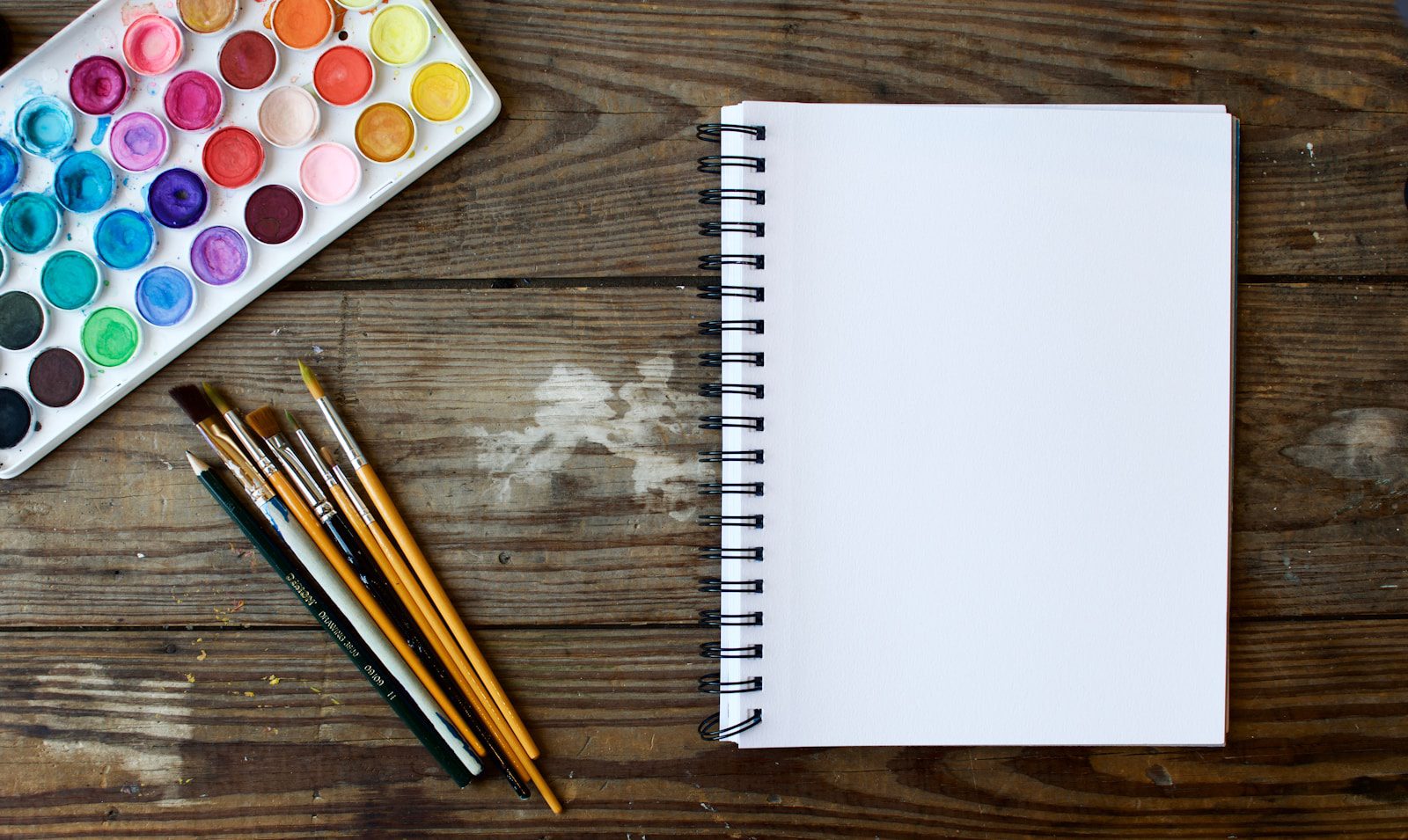When I was a kid, creativity felt effortless. Give me a box of crayons or a stack of Legos, and I’d dive into a world of castles, rocket ships, and endless possibility. There was no pressure to create something “good.” It just had to be fun.
Somewhere along the way, though, the stakes changed. Writing needed to impress. Ideas needed to “add value.” Creativity started to feel like a performance — a test to meet invisible standards.
Sound familiar? The high bar of expectations, whether internal or external, can quietly drain the joy from creating. But here’s the truth: creativity thrives in freedom, not in perfection. And if we want to rekindle that spark, we have to learn to let go of the crushing weight of expectations.
Where Expectations Come From
Expectations don’t appear out of nowhere. They’re shaped by a mix of internal pressures and external influences:
- Internal perfectionism: The voice inside that says, “If it’s not amazing, it’s not worth doing.”
- Comparison culture: Seeing others’ polished work online and feeling like you’ll never measure up.
- Professional demands: When creativity becomes part of your job, it’s hard not to tie its success to your worth.
These forces push us to aim higher, work harder, and produce better. And while striving for excellence isn’t inherently bad, it becomes toxic when it stifles the messy, playful process that creativity thrives on.
How Expectations Crush Creativity
1. Fear of Failure
High expectations create a paralyzing fear of getting it wrong. Instead of experimenting or taking risks, we play it safe, sticking to what’s “proven.” The problem? True creativity often lives outside the lines.
2. Overthinking Everything
When the bar is set too high, every decision feels critical. You agonize over details, second-guess your instincts, and end up stuck in analysis paralysis.
3. Turning Play Into Pressure
Creativity is inherently playful. But when the focus shifts to outcomes — recognition, approval, or profitability — that playfulness disappears, replaced by stress and self-doubt.
The Cost of Letting Expectations Win
When we let the high bar of expectations dominate, we not only lose the joy of creating, but we also limit what’s possible. Creativity withers under the weight of perfectionism. The projects we dream about stay unfinished. The bold ideas never see the light of day.
But what if we approached creativity differently?
How to Reclaim Your Creative Freedom
1. Redefine Success
Shift your focus from outcomes to process. Instead of asking, “Is this good enough?” ask, “Did I enjoy making this?” or “What did I learn from this?”
- Try this: Set a goal to create something purely for yourself, with no intention of sharing it. Let it be imperfect, and notice how it feels.
2. Make Time for Low-Stakes Creating
Give yourself permission to create without an agenda. This could be journaling, doodling, or playing with ideas that don’t have to “go anywhere.”
- Try this: Block out 20 minutes a week to experiment. No rules, no expectations, just play.
3. Silence Your Inner Critic
When perfectionism creeps in, remind yourself that no first draft, sketch, or idea has to be perfect. Creativity is iterative — greatness comes from trying, failing, and refining over time.
- Try this: Set a timer for 10 minutes and create as much as you can, without editing or judging. Quantity over quality.
4. Limit Comparison
Social media makes it easy to compare your work to others. But remember: what you see is often a curated highlight reel. Creativity isn’t a competition.
- Try this: Take a break from platforms where you feel pressure to compare. Focus instead on your unique voice and vision.
5. Embrace the “Ugly Phase”
Every creative process has a stage where the work looks messy, disjointed, or downright bad. This is normal — and necessary. Trust that the ugly phase is part of getting to something beautiful.
The Magic of Letting Go
When you lower the stakes and let go of crushing expectations, something magical happens: creativity becomes fun again. Ideas flow more freely. Risks feel less daunting. And sometimes, the best work emerges when you stop trying so hard to make it perfect.
The next time you feel the weight of expectations holding you back, remember: you don’t need anyone’s permission to create. Your art, your ideas, your voice — they’re enough, just as they are.
Because creativity isn’t about climbing a high bar. It’s about stepping into the unknown, letting go of judgment, and finding joy in the process. What will you create when you let go?





